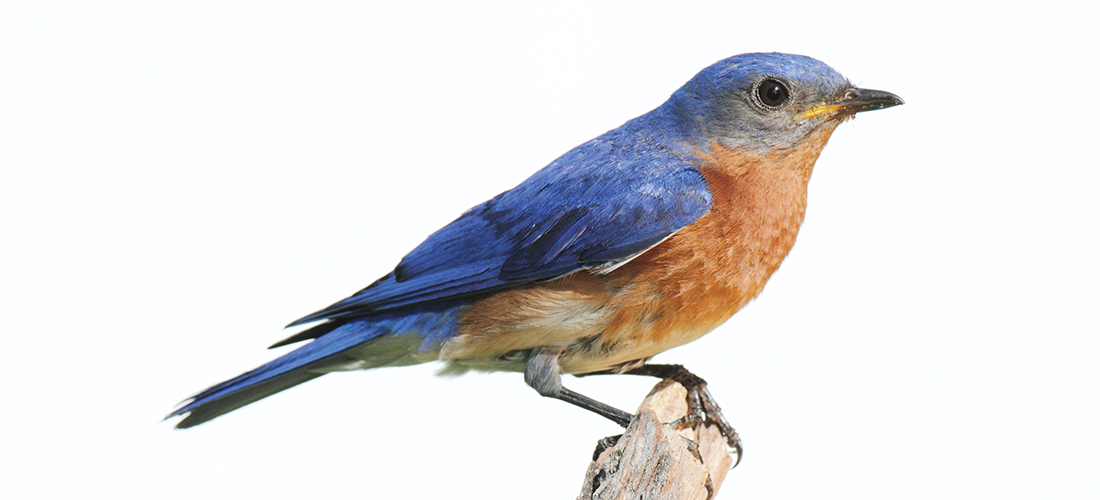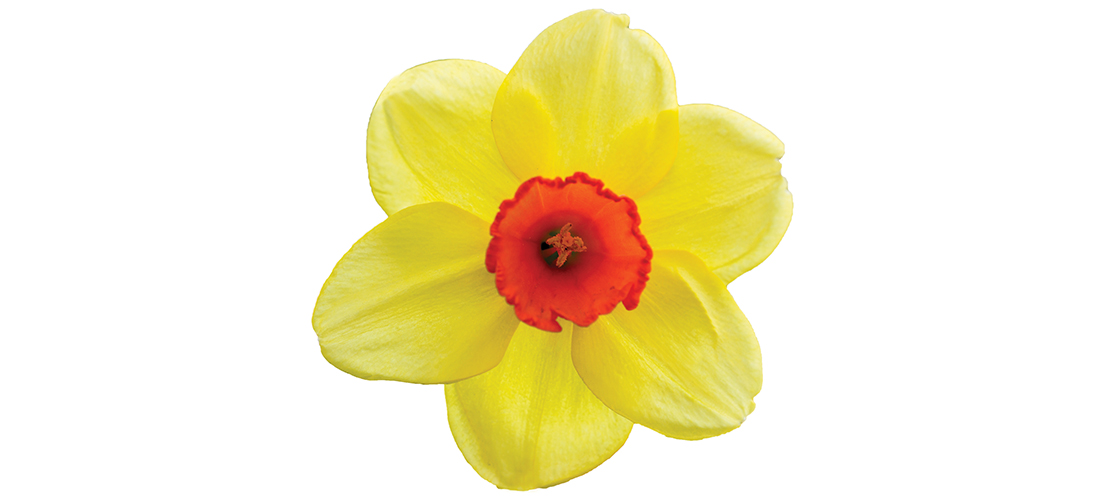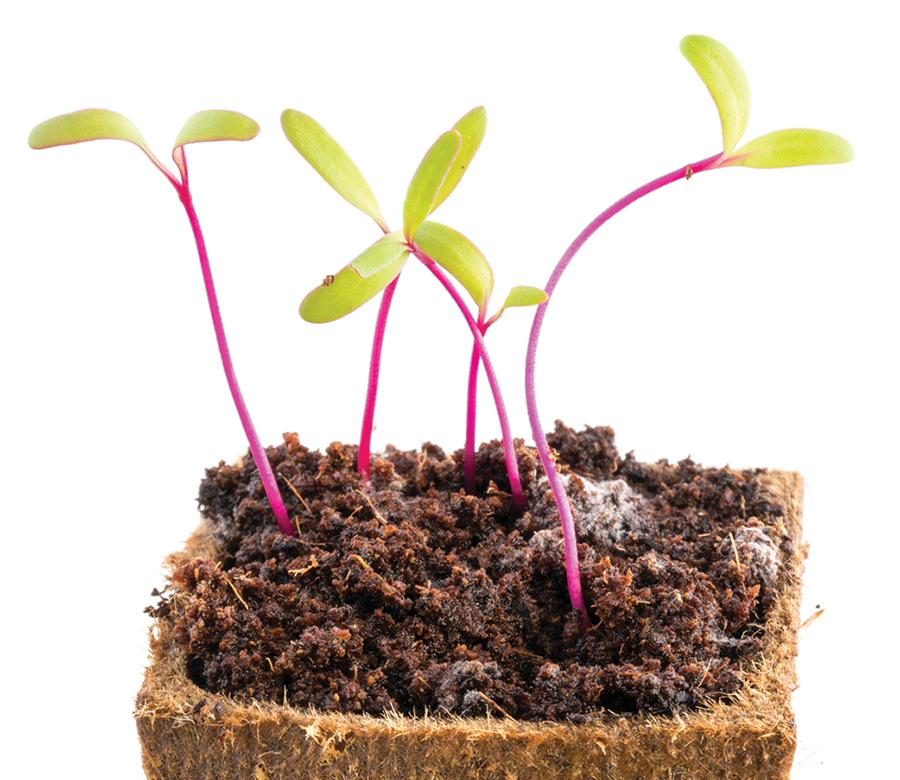March Almanac 2019
“And here is the serpent again,” wrote the late poet Mary Oliver, “dragging himself out from his nest of darkness . . . looking for the sun.”
Three decades after she wrote it, Oliver’s “Spring” slides into consciousness. Oh, how you’ve missed these sunny mornings. As soft light filters through the kitchen window, you think of the snake, moving “like oil” over pine needles, tasting the air with its tongue.
March is here, and as an owl cries out from its distant nest, you taste the glorious poetry of spring.
Pink blossoms against leafless branches on the saucer magnolia.
Pink squirrel babes, blind and wriggling in their drey.
Pink rain jacket left hanging on the porch, pocket full of pine straw, blue bird flitting in and out of periphery.
This year, the spring equinox arrives on March 20, in tandem with World Poetry Day on March 21.
Fitting.
And as you gently scoop the contents from your jacket pocket — a beautiful tapestry of needles and grasses — you think again of Mary Oliver, and of the delicate treasures she wove with nature and light.
Thank you, blue bird, for starting over.
Thank you, black snake, winding round the rising grass.
Thank you, poet within each of us, for acknowledging the beauty that is always waiting for us, like sunlight after a long, dark winter.
Hello, sun in my face. Hello you who made the morning and spread it over the fields . . . Watch, now, how I start the day in happiness, in kindness. — Mary Oliver
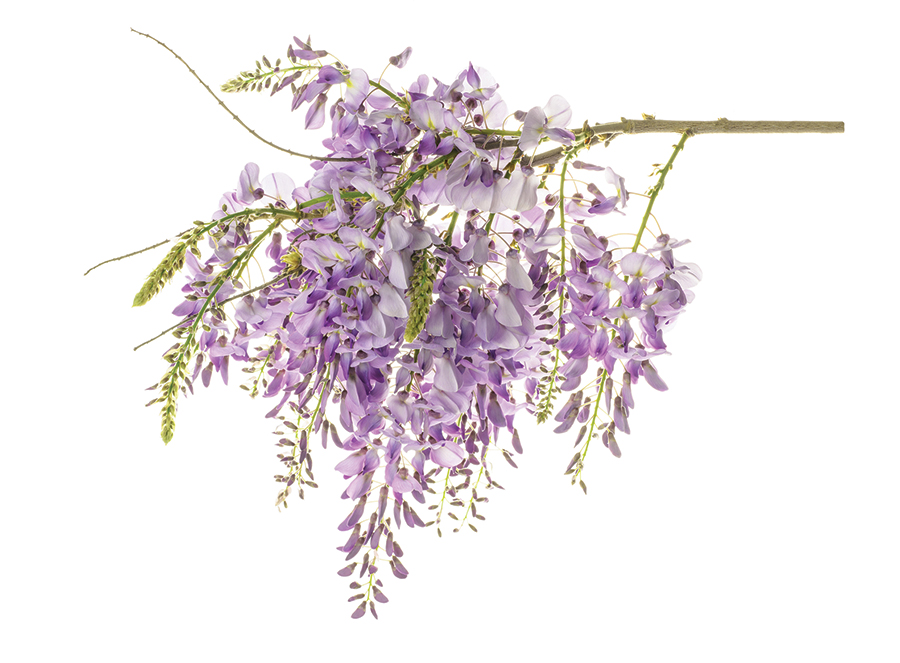
Nature’s Bard
In honor of the beloved and recently departed best-selling poet Mary Oliver, who made tangible the heart-breaking beauty of the natural world, and World Poetry Day on March 21, below is an excerpt from “When Death Comes,” in which the poet “considers eternity as another possibility.”
When it’s over, I want to say: all my life
I was a bride married to amazement.
I was the bridegroom, taking the world into my arms.
When it’s over, I don’t want to wonder
if I have made of my life something particular, and real.
I don’t want to find myself sighing and frightened,
or full of argument.
I don’t want to end up simply having visited this world.
Thank you, dear poet, for taking such transient beauty into your arms. And for those considering eternity: Oliver’s “Such Singing in the Wild Branches” is good medicine.
Amethyst Falls
I once heard someone dub wisteria the “evil overlord of the plant kingdom” and, for better or worse, have never been able to shake it. If ever you’ve battled with wisteria in your backyard, perhaps you’ve given it a comparable name. But if you’re still reading this . . . if ever you’ve wished to make friends with this intoxicatingly fragrant vine, consider introducing a native cultivar, amethyst falls.
Less aggressive than its exotic Asian relatives known for choking out trees and, yep, swallowing houses, amethyst falls blooms on new growth, making the vines easier to prune back and train. Although the leaves and cascading purple flowers are smaller than the common wisteria you may have given a less-than-kind name, an established amethyst falls plant can climb 15–20 feet per season.
Bonus points: It’s drought tolerant and deer resistant.
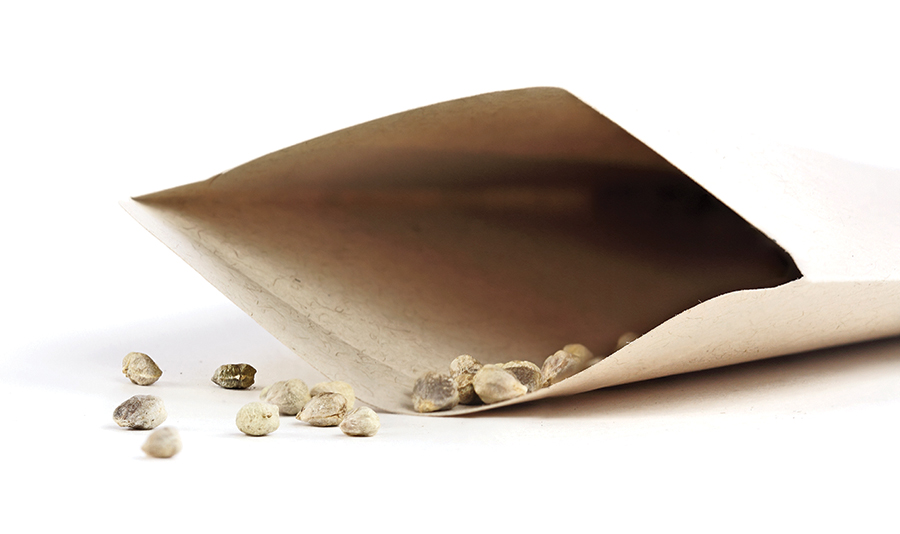
March Garden To-Do
Replace winter mulch
Sharpen dull mower blades
Sow seeds for spinach, radishes, turnips, and kale
Stop and smell the flowering redbud and dogwood.

